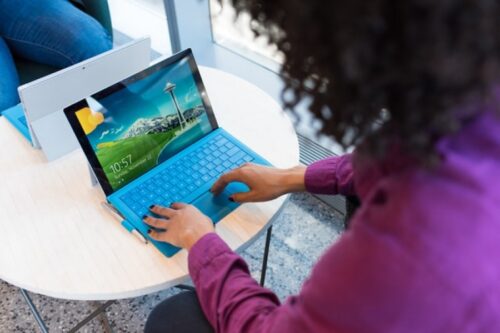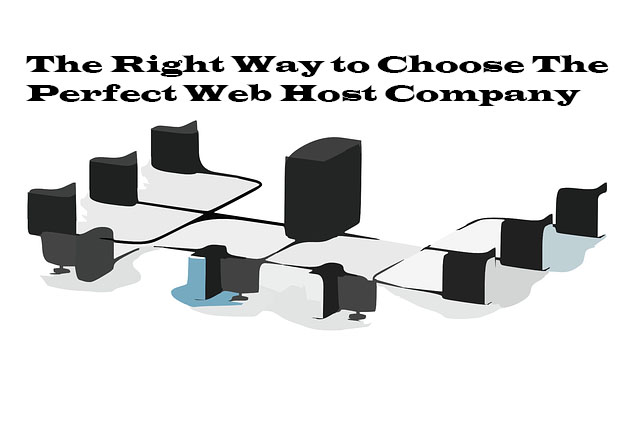Can You Buy a House Entirely Online?

Even before the coronavirus pandemic, we were a society that liked to do things online. From group exercise classes streamed live to our homes, to on-demand delivery of our groceries, there are few things we actually have to leave home for.
So what about buying a new house?
It seems like that’s something that we can now do entirely online as well, and some buyers prefer it.
Demand for Digital Tools
There was a recent report from Zillow that found both buyers and sellers are likely to purchase or sell a home completely online. There is even more motivation to do so it would seem because of the pandemic.
The Zillow survey found 36% of Americans said the COVID-19 pandemic makes them more likely to buy a home entirely online, and another 30% said they would do the same even after the end of the outbreak.
As far as sellers, 43% said they would be more likely to try and sell their homes entirely online. Thirty-three percent said they’d try to do the same after the pandemic.
Jeff Tucker, a Zillow economist, said the traditional days of shopping for a home could be over for good. Virtual tours allow buyers to avoid shopping in person, or at a minimum, they can narrow down their options before they ever leave home.
What are the Pros and Cons of Online Home buying?
As with anything, there are both upsides but also possible downsides to think about if you’re considering buying a home online.
The biggest pro is, of course, convenience. When you buy a house online, you can go through videos, virtual tours, and high-quality images that are going to make the experience nearly the same as being there.
There is something to be said about seeing a home in person before you commit to buying, and that’s the big drawback of doing everything online. There might be something you can’t fully grasp when you’re looking online only. With that being said, a great real estate agent can guide you and ensure you make the right decision for you, even if you do everything online.
How Do You Buy a Home Online?
If the idea of an entirely online homebuying process sounds appealing to you, how do you do it?
First, choose a real estate agent. It’s overwhelming to start a home search online or in person without someone to help you and advocate for you. Some people think that buying online means you don’t need an agent, but the reality is that having a great agent you can trust may be more important when you buy online.
When you’re doing an online home search, your real estate agent should be experienced with remote home viewings, as well as the most advanced sales technology. They should be responsive as well, including if you’re in a different time zone.
You’ll need to find a mortgage lender, and if you have a real estate agent first, that person may be able to point you in the right direction.
The most efficient way to get a mortgage and ultimately buy a home is to get pre-approved.
Once you’ve been pre-approved for a mortgage and selected a real estate agent, you can start touring the homes that make your shortlist. Agents can either do a real-time virtual tour, or they can show you a prerecorded tour. Your agent should go through the home with you, just as they would if you were in person.
Your agent will likely have a preferred platform if you’re doing a live walkthrough, such as Zoom.
The agent will be in the home during a live tour, and they will go over things like scale and size to help you gain an understanding.
Once you choose a home, you make an offer. If the seller accepts, the process for buying a home is what it would be like whether you did it all virtually or not. If your seller accepts your offer, you may wire earnest money to an escrow account or title company.
Then, you’ll go through the inspection and appraisal as well as title research.
The biggest difference if you buy a home entirely online is that first, you need to work with a real estate agent who’s familiar with doing things that way. The second difference is that you’ll need to trust your real estate agent, perhaps even more than you would normally because they’re going to be conveying things to you that you aren’t seeing in person.




